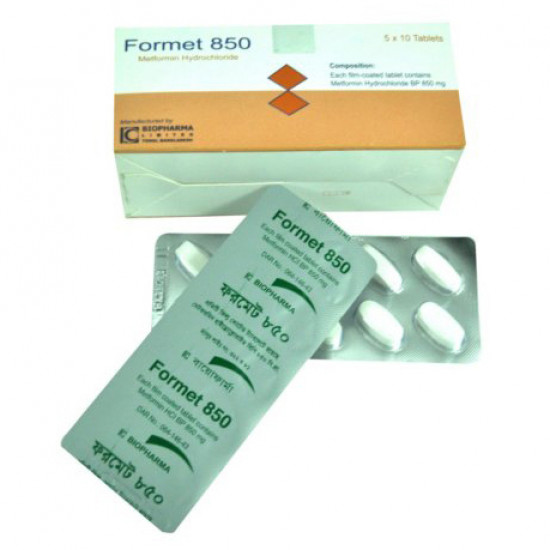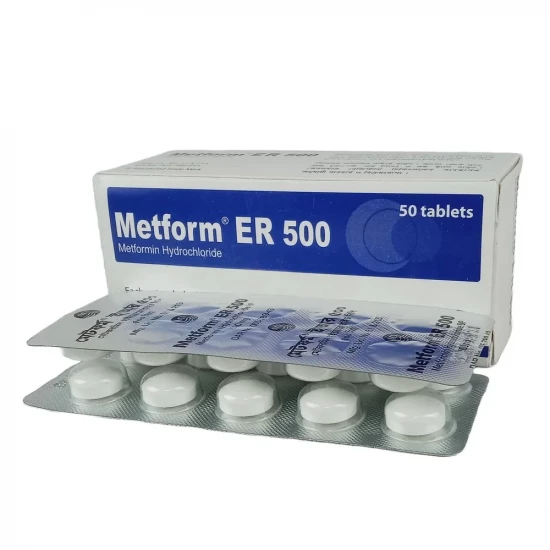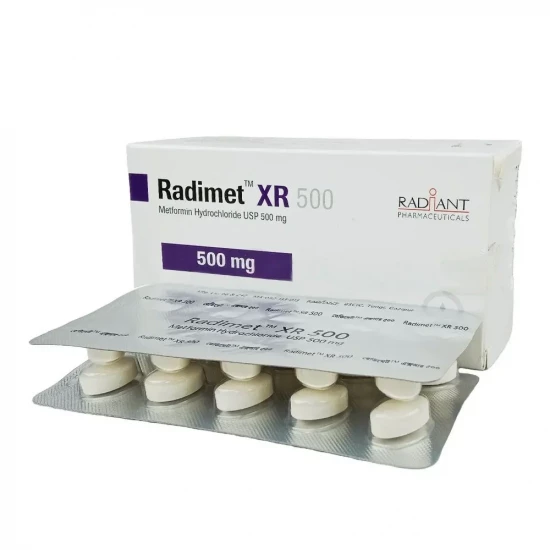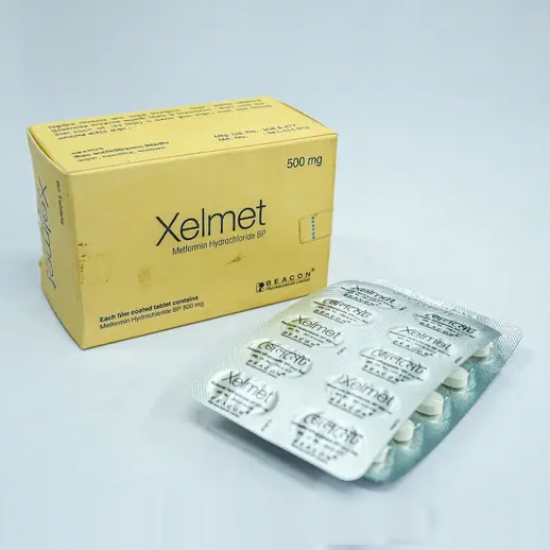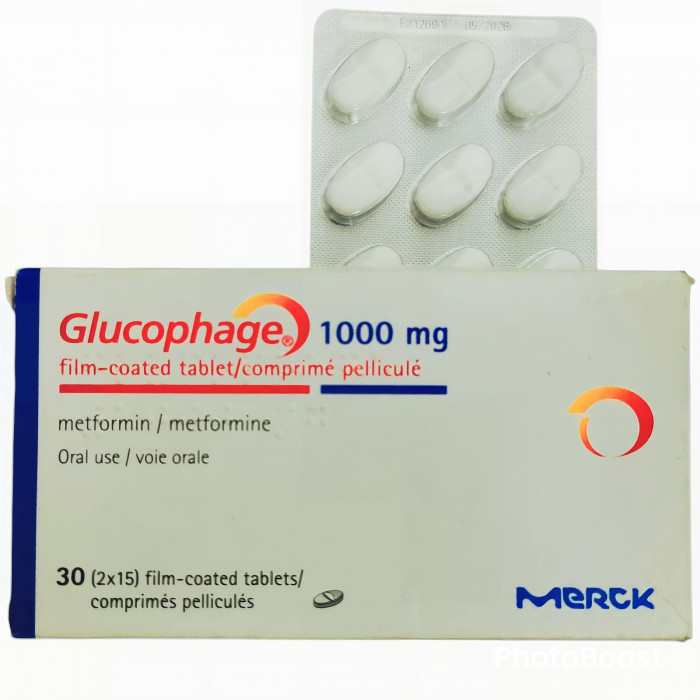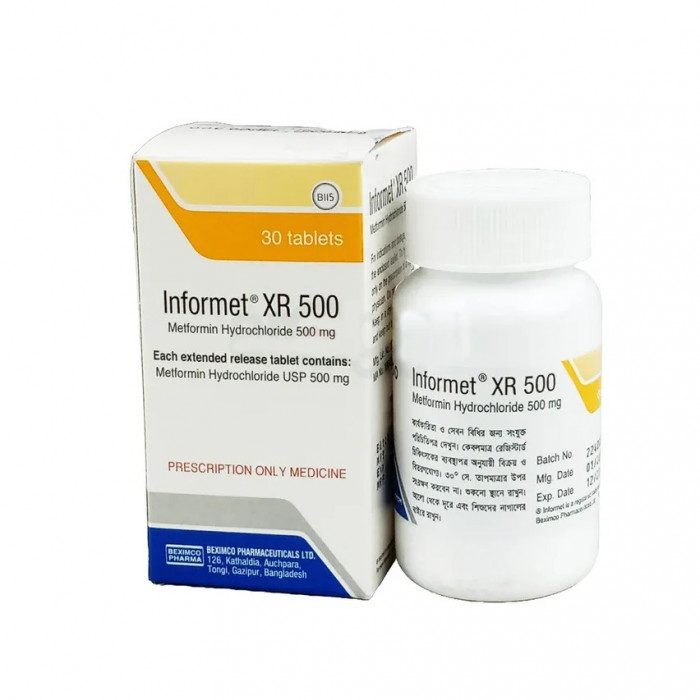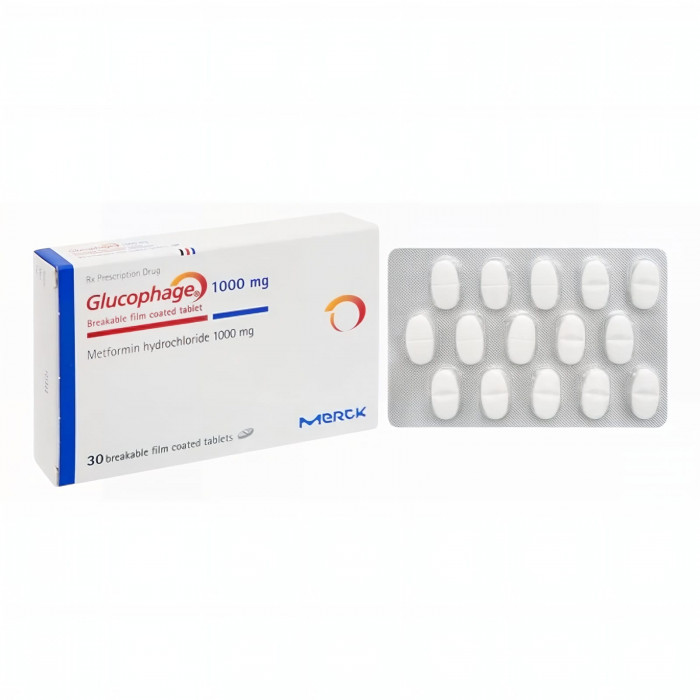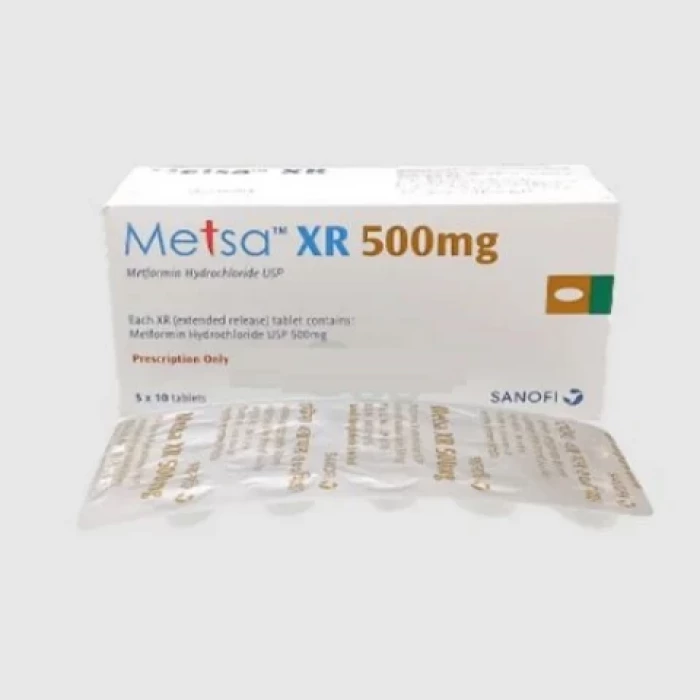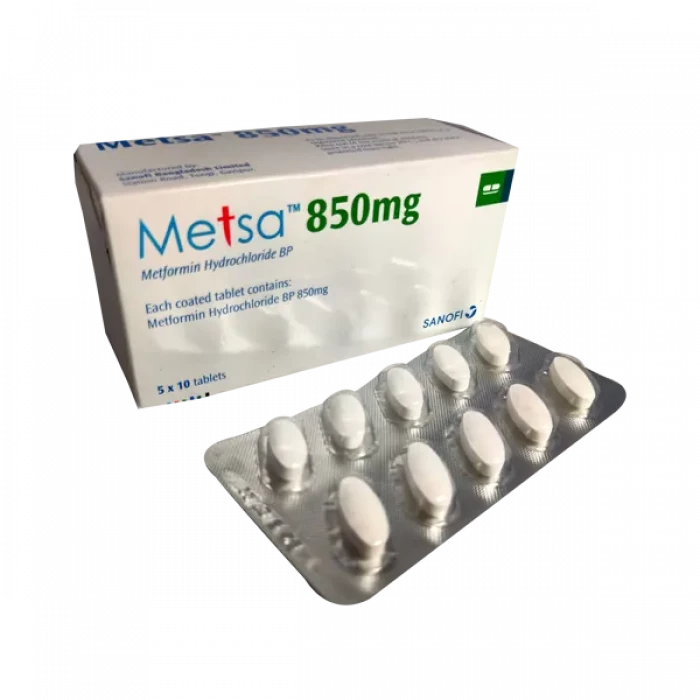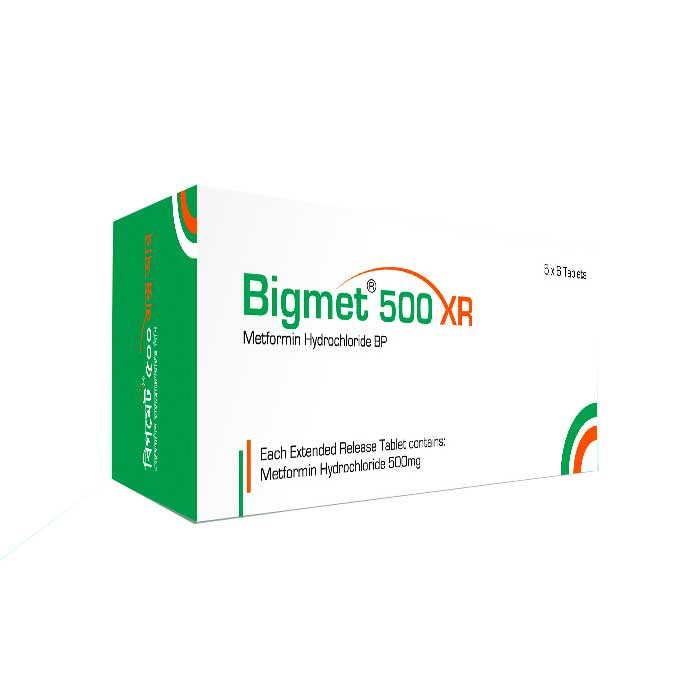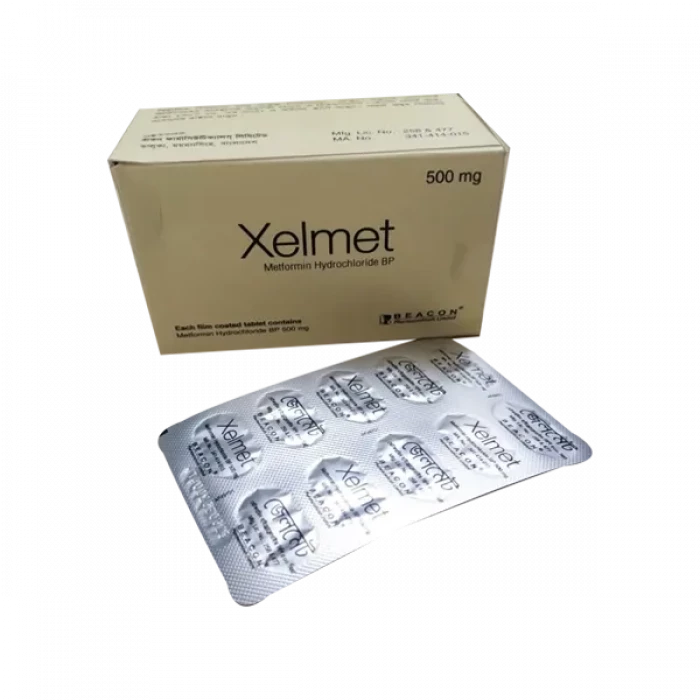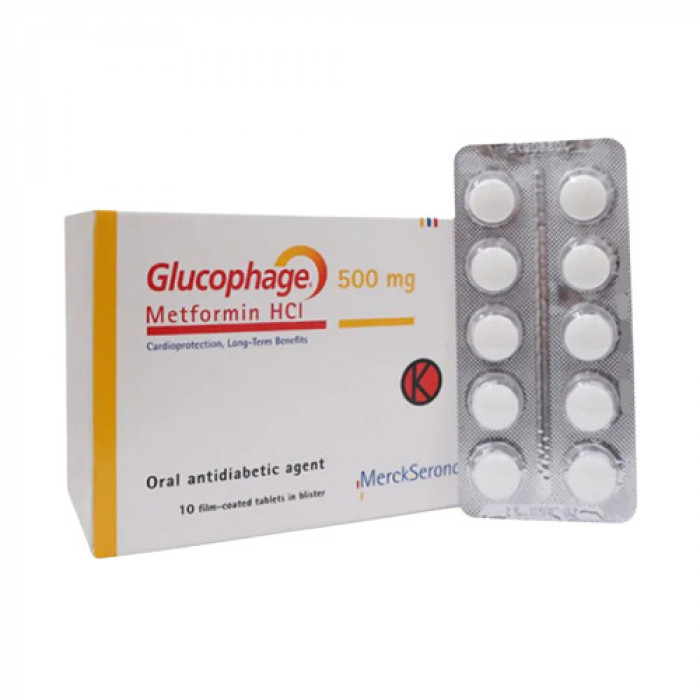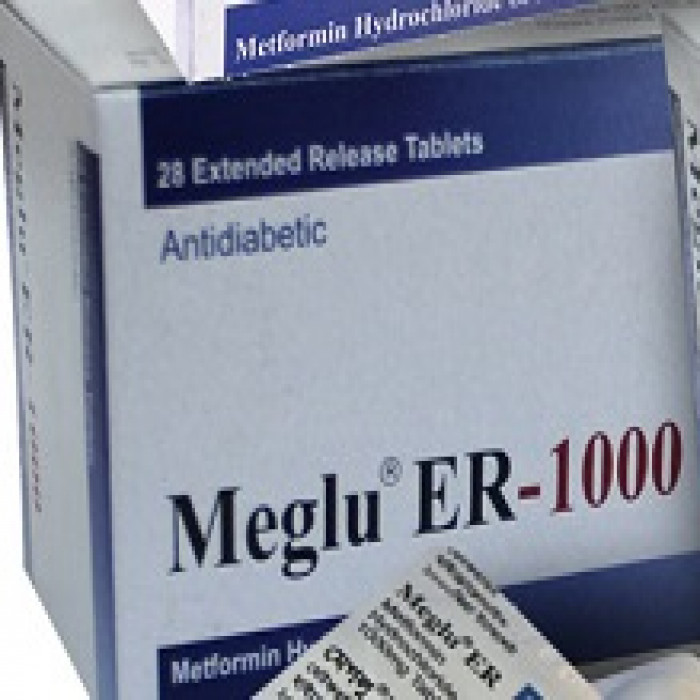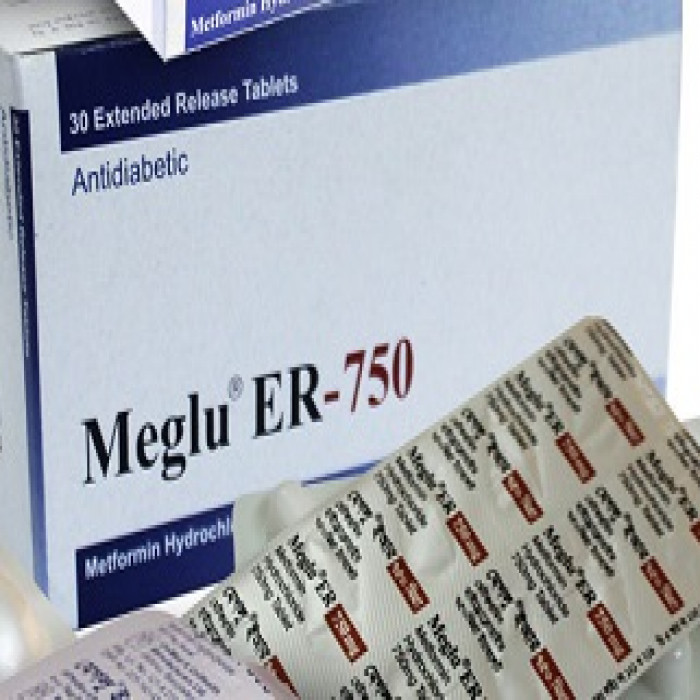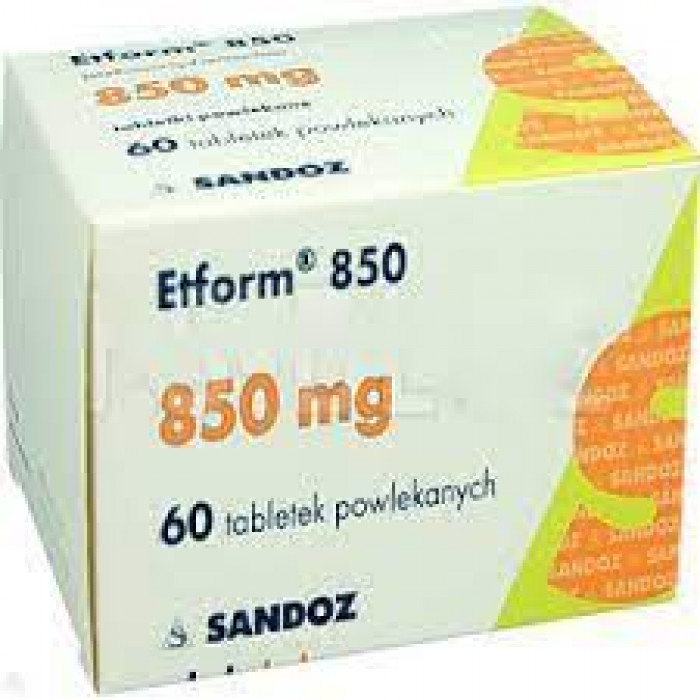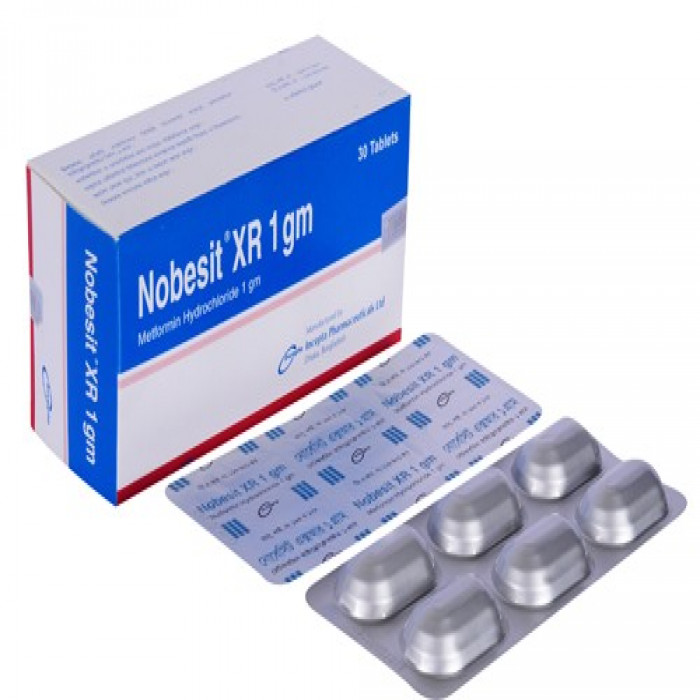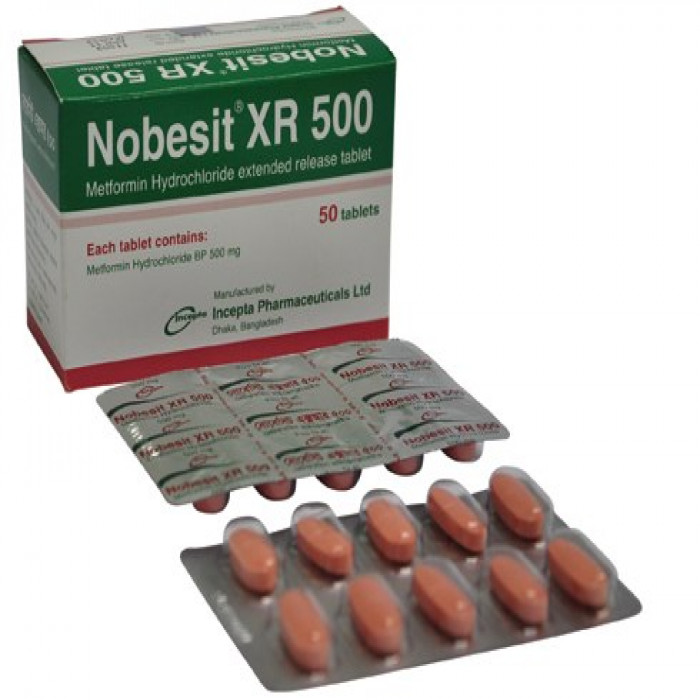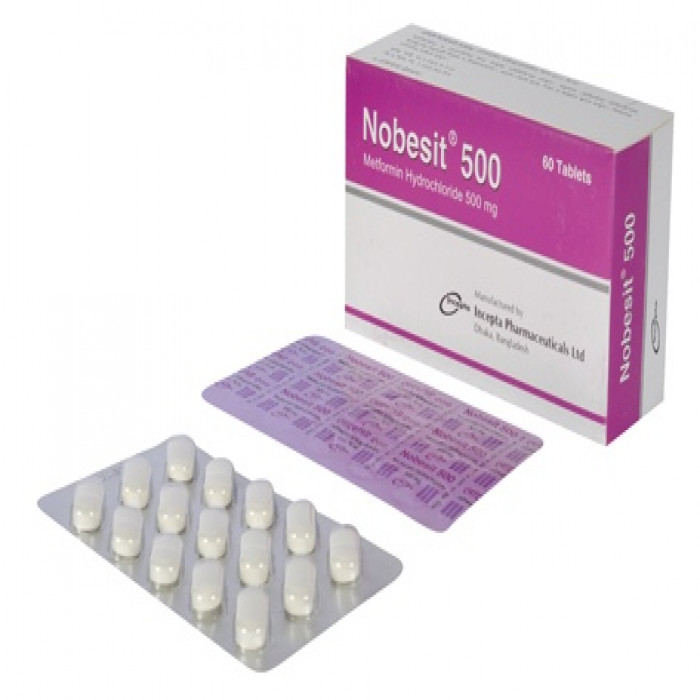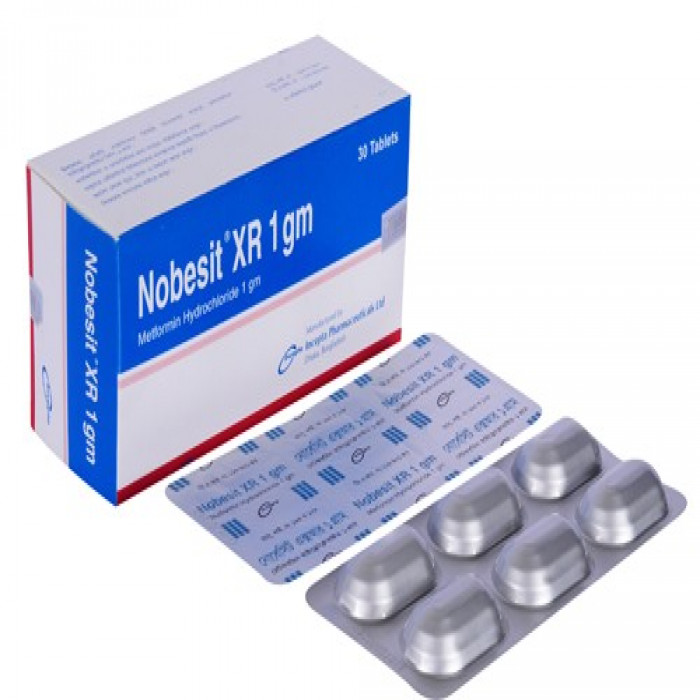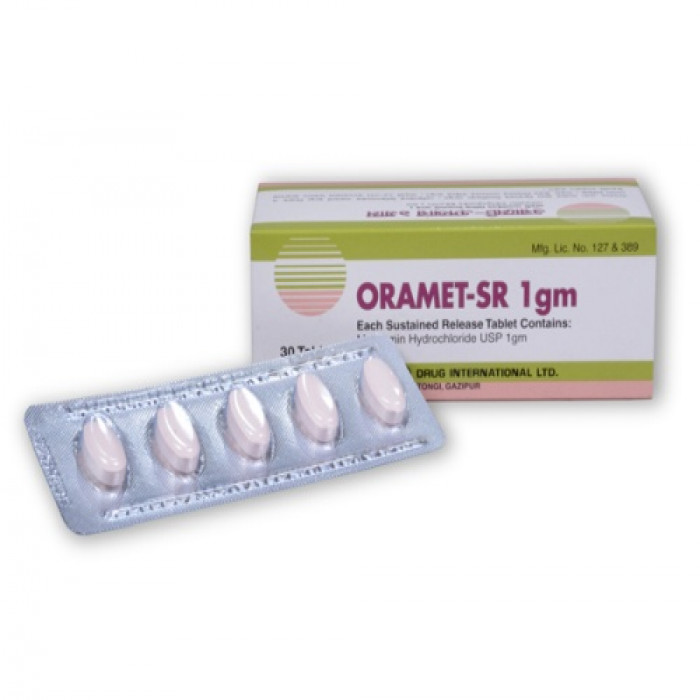
✔ 100% Authentic Product
👁️ Currently Viewing 1881
Oramet SR 1gm 5pcs
Type: Tab. Manufacturer/Distributor: Drug Inter. Generic Name: Metformin hydrochloride 1gm
Metformin Hydrochloride, as monotherapy, is indicated as an adjunct to diet to lower blood glucose especially in overweight patients with non-insulin-dependent diabetes mellitus (NIDDM) or type 2 diabetes mellitus whose hyperglycemia cannot be satisfactorily managed on diet alone. Metformin Hydrochloride may be used concomitantly with a sulfonylurea when diet and metformin hydrochloride or sulfonylureas alone do not result in adequate glycemic control.
Discount
Price: ৳ 67
MRP:
৳
70.5
5%
Off

100% Genuine Products, Guaranteed

Safe & Secure Payments, Always

Fast, Secure & Efficient Delivery

Proper Packaging
 Cash on Delivery - All over Bangladesh
Cash on Delivery - All over Bangladesh Regular Delivery - 12-24 Hours, Dhaka City* Charge Tk.39-59
Regular Delivery - 12-24 Hours, Dhaka City* Charge Tk.39-59 Regular Delivery - 24-48 Hours, Other Cities* Charge Tk.99-110
Regular Delivery - 24-48 Hours, Other Cities* Charge Tk.99-110
 ফ্রি ডেলিভারিঃ - ৯৯৯ টাকা+ অর্ডারে, ঢাকা
শহরে
ফ্রি ডেলিভারিঃ - ৯৯৯ টাকা+ অর্ডারে, ঢাকা
শহরে ফ্রি ডেলিভারিঃ - ২৯৯৯ টাকা+ অর্ডারে, ঢাকার
বাহিরে
ফ্রি ডেলিভারিঃ - ২৯৯৯ টাকা+ অর্ডারে, ঢাকার
বাহিরে
100% Genuine Products, Guaranteed
Safe & Secure Payments, Always
Fast, Secure & Efficient Delivery
Proper Packaging
 Cash on Delivery - All over Bangladesh
Cash on Delivery - All over Bangladesh Regular Delivery - 12-24 Hours, Dhaka City* Charge Tk.39-59
Regular Delivery - 12-24 Hours, Dhaka City* Charge Tk.39-59 Regular Delivery - 24-48 Hours, Other Cities* Charge Tk.99-110
Regular Delivery - 24-48 Hours, Other Cities* Charge Tk.99-110 ফ্রি ডেলিভারিঃ - ৯৯৯ টাকা+ অর্ডারে, ঢাকা
শহরে
ফ্রি ডেলিভারিঃ - ৯৯৯ টাকা+ অর্ডারে, ঢাকা
শহরে ফ্রি ডেলিভারিঃ - ২৯৯৯ টাকা+ অর্ডারে, ঢাকার
বাহিরে
ফ্রি ডেলিভারিঃ - ২৯৯৯ টাকা+ অর্ডারে, ঢাকার
বাহিরে
✅ Description:
Dosage:
Adult-
Metformin 500 mg tablet: Initial dosage is 500 mg tablet 2-3 times daily with or after meals, gradually increased if necessary to 2 to 3 gm daily.
Metformin 850 mg tablet: Initial dosage is 850 mg tablet once or twice daily with or after meals, gradually increased if necessary to 2 to 3 gm daily.
Metformin extended release or long acting tablet: The usual starting dose of Metformin extended release tablet is 500 mg once daily with the evening meal. Dosage increases should be made in increments of 500 mg weekly, up to a maximum of 2000 mg once daily with the evening meal. If glycemic control is not achieved on Metformin extended release tablet 2000 mg once daily, a trial of Metformin extended release tablet 1000 mg twice daily should be considered. The maximum recommended dose of metformin is 3 gm daily.
Transfer from other antidiabetic therapy: When transferring patients from standard oral hypoglycemic agents other than Chlorpropamide to Metformin HCl, no transition period generally is necessary. When transferring patients from Chlorpropamide, care should be exercised during the first two weeks because of the prolonged retention of Chlorpropamide in the body, leading to overlapping drug effects and possible hypoglycemia.
Children and adolescents-
Monotherapy and combination with insulin
- Metformin tablets can be used in children from 10 years of age and adolescents.
- The usual starting dose is one tablet of 500 mg or 850 mg once daily, given during meals or after meals.
After 10 to 15 days the should be adjusted on the basis of blood glucose measurements. A slow increase of dose may improve gastrointestinal tolerability. The maximum recommended dose of metformin is 2 g daily, taken as 2 or 3 divided doses.
Elderly-
Due to the potential for decreased renal function in elderly subjects, the metformin dosage should be adjusted based on renal function. Regular assessment of renal function is necessary.
Side effects: Metformin may cause gastro-intestinal adverse effects like diarrhoea, anorexia, nausea & vomiting. Lactic acidosis and malabsorption of vitamin B12 may be occurred. Patients may experience a metallic taste and there may be weight loss, which in some diabetics could be an advantage.
⚠️Disclaimer:
At ePharma, we’re committed to providing accurate and accessible health information. However, all content is intended for informational purposes only and should not replace medical advice from a qualified physician. Please consult your healthcare provider for personalized guidance. We aim to support, not substitute, the doctor-patient relationship.




